At age 9, Donald Storer’s grandparents gave him a job on the lot of their family business: bus washer. They let him take the wheel of the stick-shift buses so he could drive from the lot to the wash bay.
It was fun, at first.
Inspired by his grandparents, Donald Storer has helped his company overcome challenges – including the COVID 19 pandemic – with a focus on safety, innovation, and family values. Storer Transportation is our School Bus Fleet Contractor of the Year for 2024.
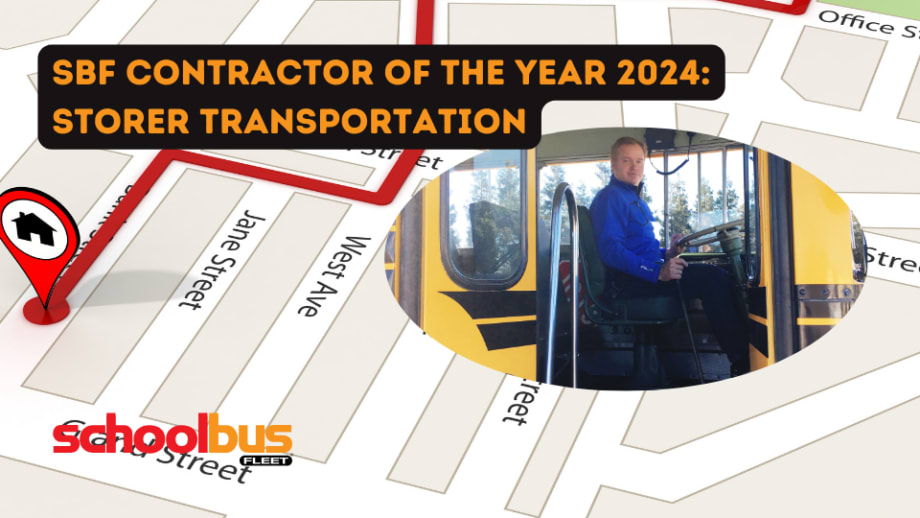
Donald Storer has been driving buses (at least short distances) for his family business since he was just 9.
Source: Canva, Storer Transportation
At age 9, Donald Storer’s grandparents gave him a job on the lot of their family business: bus washer. They let him take the wheel of the stick-shift buses so he could drive from the lot to the wash bay.
It was fun, at first.
“The fun soon wore out as I had that very important job until I was 18 years old,” recalls Storer, who is now CEO of Storer Transportation.
The company, founded in Modesto, Calif., in 1952 by his grandparents, Walter and Gladys, has grown from humble beginnings to a major player in the West Coast transportation industry, with about 1,000 vehicles in operation. The story of Storer Transportation is all about family legacy, opportunities for innovation, and a resilient nature handed down from one generation to the next.
These values led School Bus Fleet to select Storer Transportation as Contractor of the Year for 2024.
At 18, Donald Storer took that driving experience from the yard to the California Highway Patrol and applied to take the state’s school bus driver written exam and driving test.
Not too surprisingly, he passed.
“I took the test in our largest school bus and still to this day proudly hold a school bus driver certificate, which holds no restrictions,” Storer says.
He was born and raised in Modesto – a hometown he shares with movie legend George Lucas, Olympic gold medalist Mark Spitz, and Joan Mitchell, co-inventor of the JPEG digital image format. He and his wife Julie have raised three children, including daughter Sarah, the fourth generation working for the 72-year-old company.
His current office is set up in what used to be his grandparents’ one-car garage on 10 acres at one of Storer Transportation’s first yards.
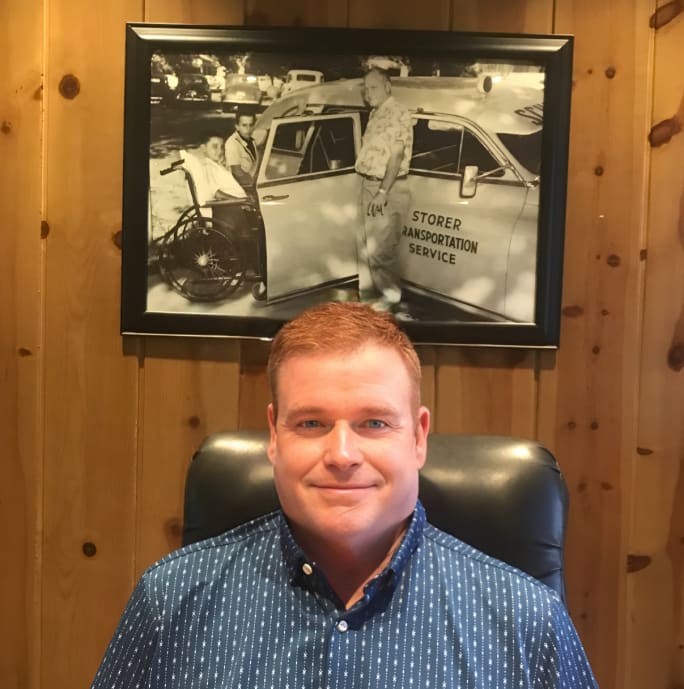
Donald Storer is CEO of California-based Storer Transportation, our Contractor of the Year for 2024.
Source: Storer Transportation
His father, Warren, went into the motorcoach charter business in the 1960s. Storer still operates about 125 motorcoaches today, but “it is a hard segment of the business to grow in as capital expenses are so high,” Donald Storer says.
As Donald Storer's role within the company grew, he focused on expanding and diversifying Storer Transportation. In the early 1980s, he spearheaded the creation of the transit division, securing contracts with cities and counties to provide turnkey transit services, including fixed routes, paratransit, and on-demand public transportation. This strategic move diversified the company’s portfolio and positioned Storer Transportation as a versatile player in the industry.
By 1997, Donald had successfully expanded the company's school bus operations to multiple locations. Leveraging the operational models developed in Modesto, he replicated this success across various regions, significantly increasing the company’s reach and influence. This period of growth was marked by the establishment of strong relationships with school districts.
The COVID-19 pandemic posed unprecedented challenges for Storer Transportation. In late March 2020, as schools across the country went into lockdown, the demand for student transportation plummeted. This sudden and complete shutdown of in-person classes meant that nearly all transportation services came to a halt. For Donald Storer, this period was marked by difficult decisions and significant financial strain.
One of the most heart-wrenching decisions was to lay off almost 900 employees within a week. This was a profound blow, as these employees were considered family within the company.
“It was a horrible, helpless feeling,” Storer says.
Despite this difficult decision, he ensured that all laid-off employees continued to receive company-paid benefits, reflecting the company’s commitment to its workforce.
During the pandemic, while buses sat idle without income but with plenty of expenses, Storer remembers watching the news one night “showing all the cars of people waiting in ridiculously long lines to get tested for COVID.”
He decided to develop a mobile testing operation, working with Sarah for six months to develop a business plan.
“It grew to more than 65 mobile medical units, which tested thousands of people throughout California for almost three years,” Storer says. “We are still using this model and have expanded our operations in this newly created field.”
Coming out of the pandemic would be more difficult than going in, he thought, because of the nature of business, operations, and requirements to be a certified school bus driver in California. On average, it can take about six months to get that certification.
“With the unemployment rate below 4%, competition has become fierce for us to attract and retain a quality workforce,” Storer says. “In most of our school divisions, we had to raise wages 25 to 30%. When you are locked into multiple-year contracts, raising wages without receiving a rate increase is a bad business decision. On the flip side, not performing due to a driver shortage is equally as bad. I made the decision to raise the wages and perform, which we have done in all our contracts.”
Storer Transportation may have a long history, but the family really only seems interested in finding the way forward to the future.
“Storer is only looking ahead of the road and not in the rear-view mirror,” Storer says. “We welcome the challenges brought before us and will find a way to meet and exceed these challenges the way we have done before with a 72-year track record of success.”

We're looking for an amazing school bus contractor executive who embodies dedication, excellence, and innovation. Nominate the greats you know for SBF's 2026 award! Nominations close March 31.
Read More →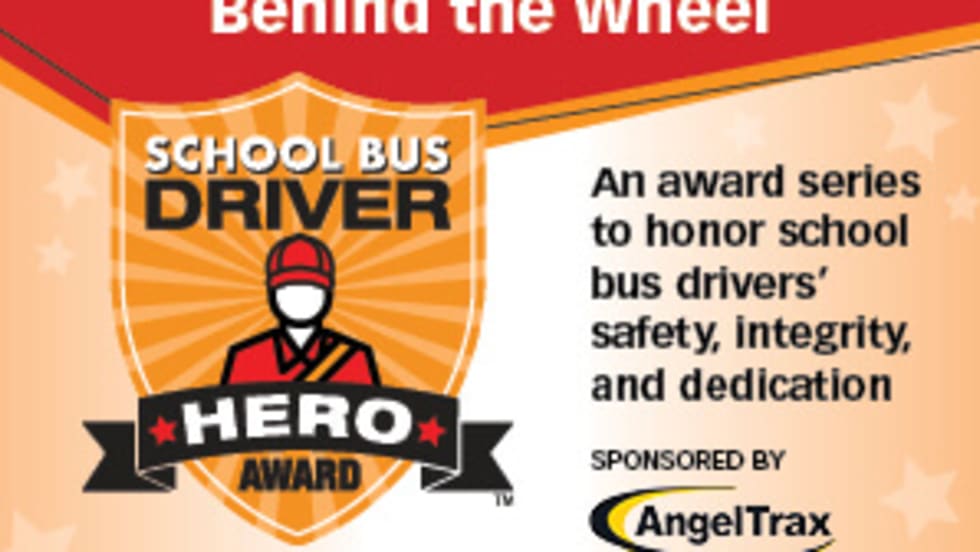
Nominations are now open for the second annual 2026 School Bus Driver Hero Award. Help us honor the drivers who selflessly dedicate themselves to ensuring the safety, well-being, and success of the students they transport every day.
Read More →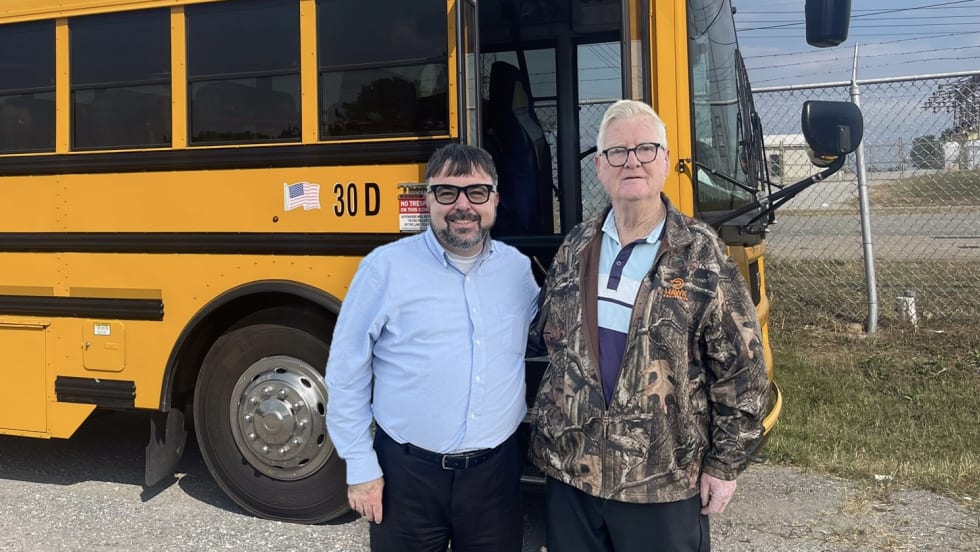
Check in with Tennessee’s new state transportation manager, Josh Hinerman, as he reflects on his journey, path to leadership, and priorities for student-centered transportation.
Read More →
The new program rewards B2B audience readers for engaging with trusted content and suppliers, earning them points toward events, travel, and more.
Read More →
What if your fleet technology actually worked together? Learn eight practical strategies to integrate multiple systems into one platform, unlocking clearer insights, stronger safety standards, and smoother daily operations.
Read More →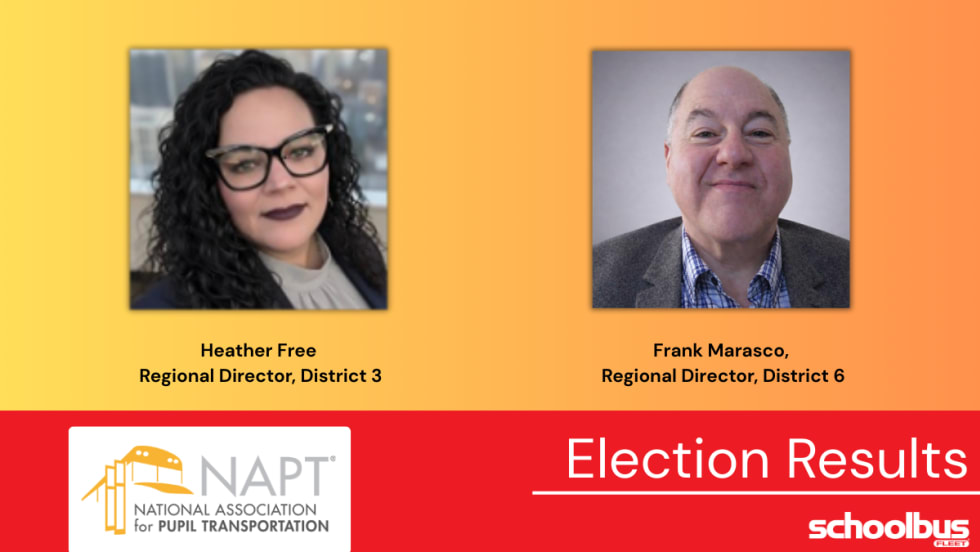
NAPT announced the results of its 2026 special election, naming new regional directors for Regions 3 and 6.
Read More →
Strong communication and trust between transportation leaders and school boards are essential to safe, effective operations. Here’s how to build a better partnership.
Read More →
Get ready to promote our industry's favorite month of the year! Gear up to recognize Love the Bus Month with these new resources.
Read More →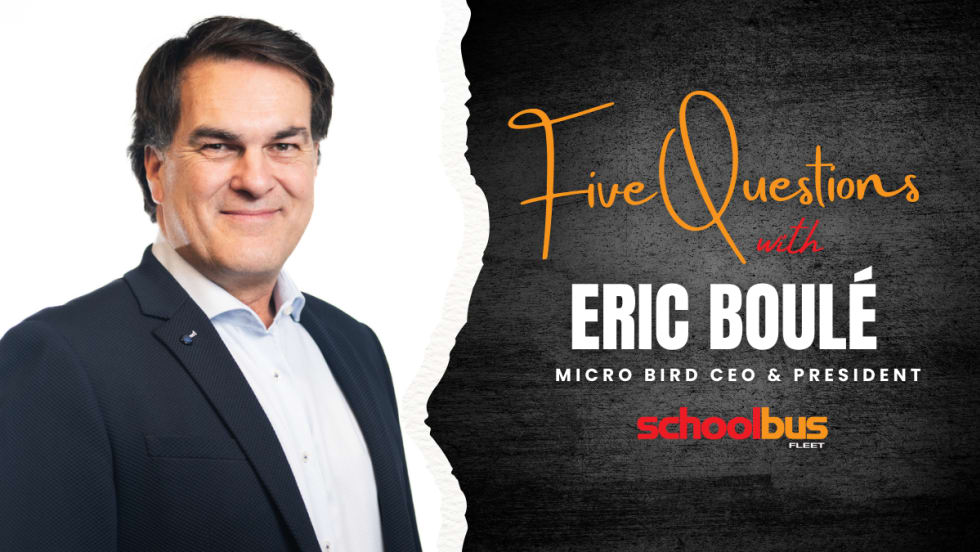
Let’s check in with the Canadian manufacturer with a new U.S. presence! Hear first-hand about Micro Bird’s expansion and the company’s long-term North American vision.
Read More →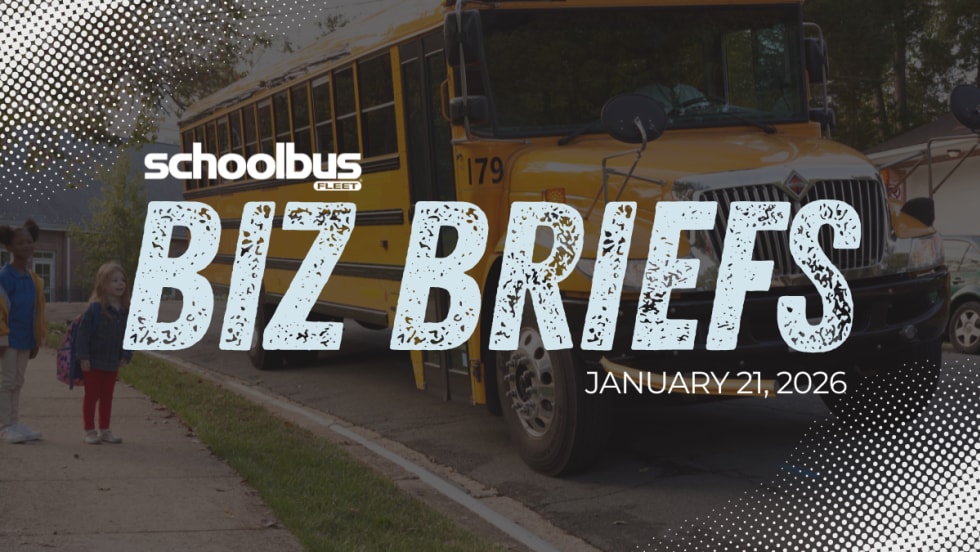
From software updates to AI video search, major contracts, and global ratings, here’s the latest school bus supplier and OEM news.
Read More →